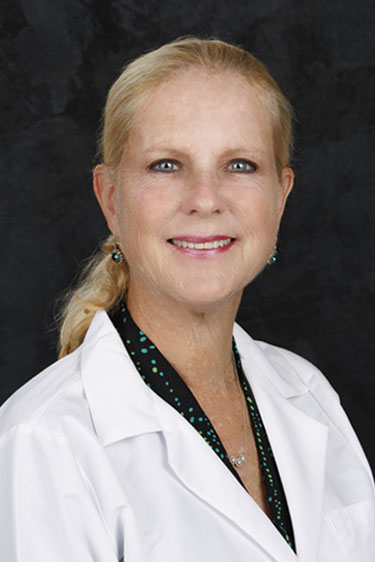
It can be heartbreaking to watch loved ones struggle with addiction — and challenging to know what to do and say.
“Studies have shown that addiction really is not about drugs or a 'lack of willpower,'” says Kathryn Sams, DNP, APRN, FNP-C, CNE, who provides medication-assisted treatment for individuals with addiction and substance use disorders at the Beaufort Memorial Medical Assisted Therapy (MAT) Clinic. "It is about a loss of community and a lack of real relationships."
What You Can Do
Educate Yourself
If you don’t know what to look for, you may miss signs and clues that someone needs help with alcohol or substance abuse.
Addiction has been recognized as a disease by the American Medical Association since 1956. The good news is that, like other chronic diseases, addiction can be treated successfully.
Sams recommends the following two books to help understand addiction from a brain/physiological level.
- "Healing the Addicted Brain" by Harold Urschel, III, M.D.
- "Relapse Prevention Workbook" by Judy Lohr
"More importantly than even understanding addiction, these books will help with developing the tools to fight addiction and relapse," says Sams.
Understand That Overcoming Addiction Requires Help
Don’t expect your loved one will be able to stop unless they seek help. The Substance Abuse and Mental Health Services Administration’s (SAMHSA) National Helpline can be reached at 1-800-662-HELP (4357). This is a free, confidential, 24/7 information service provided in English and Spanish for individuals and family members facing substance use and/or mental health disorders.
Get Support
Having a loved one with an addiction problem can create many difficulties. Support groups can help you learn how to cope, provide resources and help.
- Al-Anon (focused on Alcohol addiction)
- Nar-Anon (focused on drug addiction – prescription and illegal)
You may also find individual counseling helpful. Your employer may have an Employee Assistance Program or your health insurance may include mental health benefits that include counseling (their services are not just for the addict).
"Medication-assisted therapy (MAT) for opioid use disorder can be life-saving, especially when combined with 12-step programs and counseling from certified substance abuse counselors," shares Sams. "The evidence definitely points toward the fact that the use of both medications, such as Suboxone and intensive counseling makes a huge difference in long-term outcomes with patients suffering from opioid addiction."
Protect Yourself
It is best not to argue with someone when he/she is under the influence of drugs or alcohol. Family members of drug users can often become a victim of physical or emotional abuse. Family also tends to be an easy target for theft.
Show You Care But Don’t Become an Enabler
Let your loved one know you’re concerned and offer your support. This doesn’t mean covering up for them or letting them off the hook for their responsibilities. Often the best help you can offer may be to allow the consequences of the addiction to happen without your interference.
If You Need More Resources
- Partnership to End Addiction offers a quick reference to the most common drugs that teens use, including what it looks like, dangers, signs of use and important facts to know.
- SAMHSA offers free, downloadable publications and resources.
- Beaufort County Alcohol and Drug Abuse Department offers free training and Narcan (for acute opioid overdose) by appointment. Call 843-255-6000 (Beaufort) or 843-255-6020 (Bluffton/ Hilton Head area).

